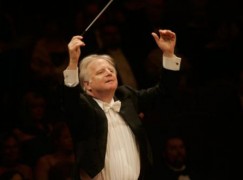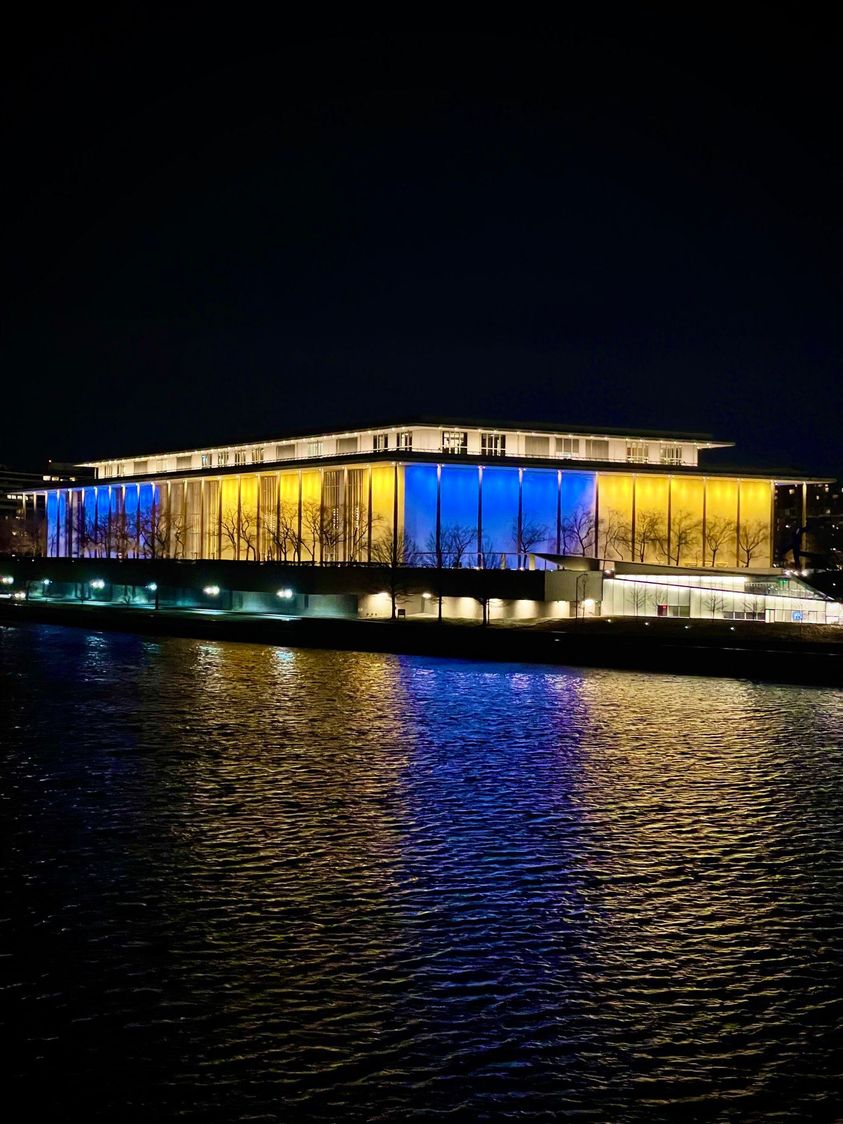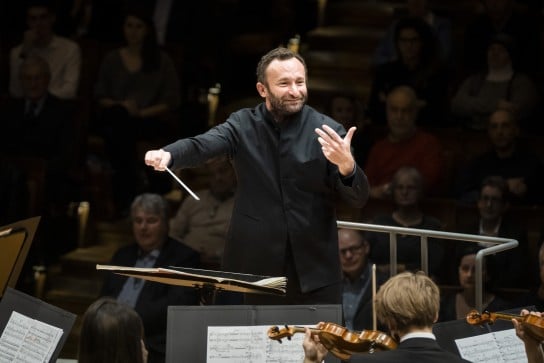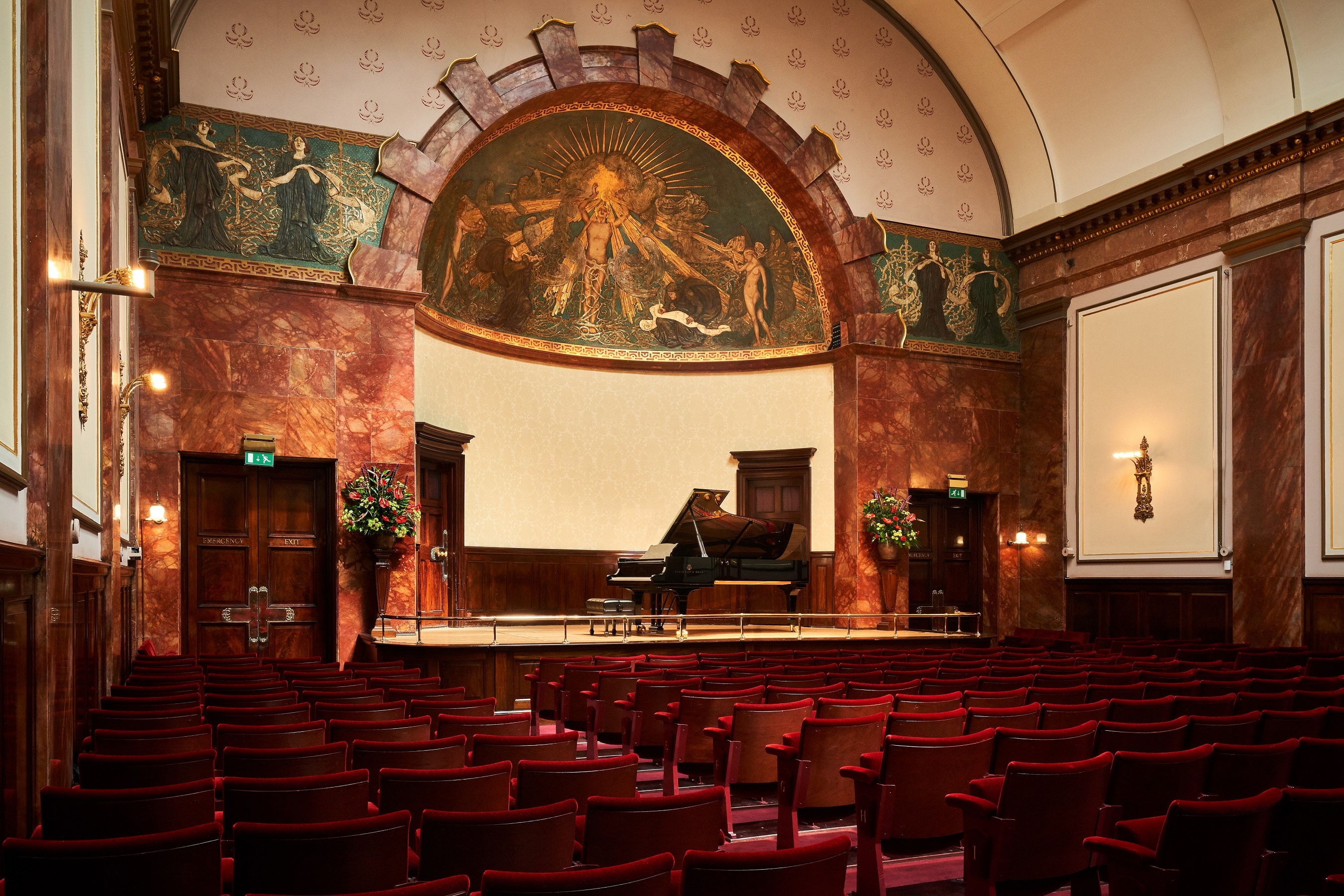10 works a maestro won’t conduct again
mainLeonard Slatkin, music director at Detroit and Lyon, has responded to our inessentials challenge with these choices:

Works I do not need to hear or conduct again.
1. Pachelbel Canon
2. Any Symphony that has been designated “0” or “00”
3. Berio’s completion of Turandot
4. Mozart Concerto for Flute and Harp
5. Beethoven Cantata on the Death of Emperor Joseph the ll
6. Most of the organ music of César Franck
7. Works that composers discarded but others have chosen to resurrect. ( I have been guilty several times on this one.)
8. Schmidt The Book of the Seven Seals
9. Almost all the music from films I would not care to see a second time.
10. Khatchaturian 3rd symphony
Composers or works that should be heard and played more often
1. Haydn Symphonies that do not have nicknames.
2. Most of the orchestral music of Hindemith
3. Tippett 2nd
4. Rimsky Korsakoff Antar
5. Dukas La Peri and not just the fanfare
6. Hanson Symphonies other than the 2nd
7. Martinu Double Concerto for Two String Orchestras, Timpani and Piano (oh, yes!! – NL)
8. Bloch Concerto Grosso No. 1
9. Tedesco Violin Concerto No. 2
10. A great number of symphonies by American composers, which used to be played all the time.





Comments